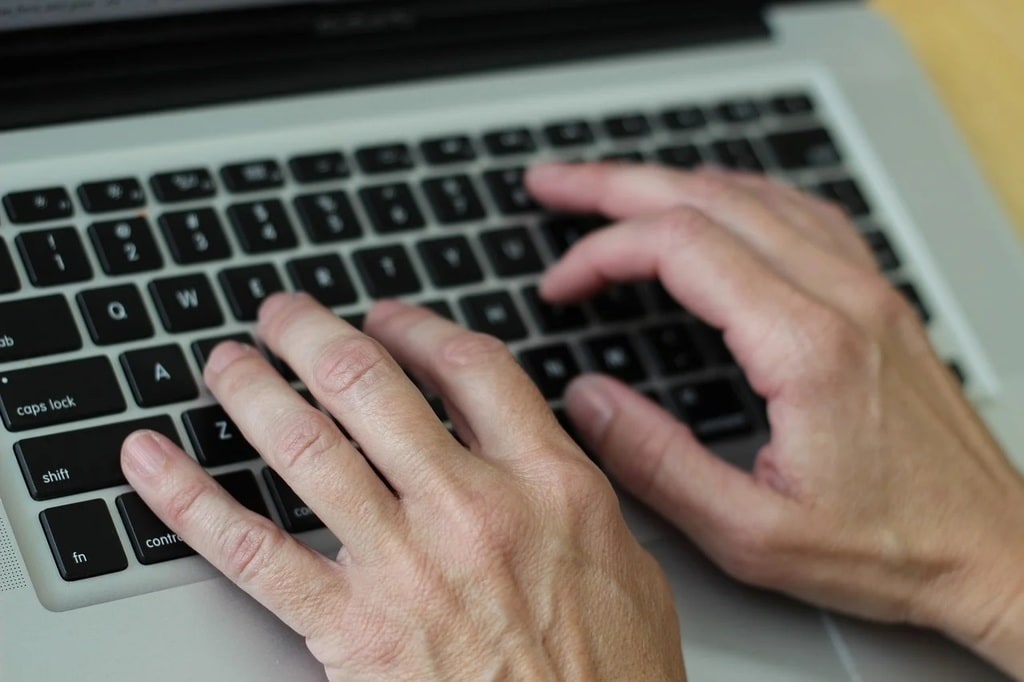Balancing work and personal life has become one of the greatest challenges for many professionals today. The fast-paced demands of modern work culture often lead to stress, burnout, and an unhealthy lifestyle. Achieving a healthy balance is not only beneficial for personal well-being but also enhances productivity and job satisfaction. By consciously adjusting daily habits and prioritizing both career and personal life, it is possible to lead a more fulfilling, harmonious life.
How Lifestyle Changes Can Help Achieve Work-Life Balance
Finding balance between work and personal life requires more than just time management. Adapting one’s lifestyle to foster both career growth and personal satisfaction is a journey that includes establishing boundaries, setting priorities, and creating habits that support well-being.
One key strategy is to adopt routines that cultivate physical and mental health. Regular exercise, balanced nutrition, and enough rest all contribute to greater focus and energy at work. In fact, studies have shown that individuals who prioritize these aspects are often more efficient in their professional lives. Consistency in maintaining healthy habits is essential for creating long-term balance.
Additionally, setting clear boundaries between work and personal time is critical. Many professionals struggle with work creeping into personal hours, which erodes the time needed for relaxation and family. A well-structured day, with distinct periods for work and leisure, can prevent this. For instance, scheduling personal time as rigorously as work commitments helps maintain balance.

The Impact of Technology on Work-Life Balance
Technology has reshaped the way people work, making it both easier and more challenging to maintain a balanced lifestyle. The convenience of working from home, checking emails after hours, or attending virtual meetings means that work is more accessible than ever. However, without careful management, this accessibility can blur the lines between professional and personal life.
Digital boundaries are crucial in this context. Turning off notifications after a certain time, setting limits on screen time, and using productivity tools to structure the workday can all help reduce the constant pull of work. Tools like digital calendars or apps that track time spent on tasks can foster greater focus and ensure that personal time is not sacrificed.
On the flip side, technology can also serve as an ally in achieving balance. Meditation apps, online fitness programs, and remote therapy sessions are just a few examples of how technology can support a balanced lifestyle.
Prioritizing Time for Hobbies and Relaxation
Pursuing hobbies, relaxation, and personal interests plays a key role in reducing stress and enhancing overall happiness. Engaging in activities outside of work is not only refreshing but also essential for maintaining mental well-being. Hobbies act as a form of self-care, offering a break from work-related pressures. Whether it’s painting, hiking, reading, or playing a musical instrument, these activities provide an outlet for creativity and relaxation.
Here are a few tips for prioritizing hobbies and leisure :
- Schedule hobby time into the daily or weekly routine
- Set aside uninterrupted time for relaxation, just as with work meetings
- Explore new interests that are mentally stimulating and enjoyable
- Focus on activities that promote mindfulness and relaxation
By engaging in hobbies regularly, it is possible to restore mental clarity and approach work with renewed energy.
The Role of Social Connections in Maintaining Balance
Strong social connections can have a profound impact on work-life balance. Spending time with family, friends, or engaging in social activities contributes significantly to emotional health. Human beings thrive on connection, and nurturing relationships provides a support system that is invaluable in times of stress.
Maintaining social bonds helps in shifting focus from work and enjoying life’s more personal aspects. Quality time with loved ones should be treated as a priority, as it offers emotional fulfillment and serves as a buffer against work-related challenges. Attending social gatherings, family events, or even virtual meet-ups can help maintain these important connections.
Recharging Through Regular Breaks
Many professionals underestimate the value of regular breaks throughout the day. Working continuously without taking time to pause leads to mental fatigue, reducing overall productivity. Short, frequent breaks during the workday can prevent burnout and help sustain focus for longer periods.
Incorporating small, mindful breaks into the routine can have a big impact. Whether it’s stepping outside for fresh air, practicing deep breathing exercises, or simply standing and stretching, these actions provide a mental reset that allows for more effective work upon returning to tasks.
Mindful pauses not only aid in recharging but also enhance creative problem-solving and reduce stress levels. These breaks also contribute to better work performance over time.
Embracing Flexibility as a Key to Balance
Work-life balance is not static. As circumstances change, so must routines and approaches to managing both personal and professional demands. Flexibility allows individuals to adapt to evolving priorities without feeling overwhelmed. For instance, adjusting work hours, experimenting with new work routines, or seeking flexible job arrangements can create more room for personal activities.
Those who remain adaptable and open to change are often able to create a more sustainable work-life balance. Embracing flexibility not only provides relief during particularly stressful periods but also encourages growth and continuous improvement.
Striking a balance between professional responsibilities and personal well-being is a dynamic, ongoing process. By integrating positive habits, establishing clear boundaries, and taking time for hobbies and relaxation, anyone can build a lifestyle that nurtures both career success and personal fulfillment.
